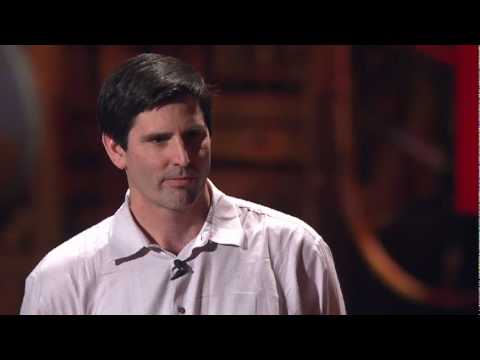
Education is a fundamental aspect of society, shaping the future through the knowledge and skills it imparts. In the realm of energy, the debate between nuclear energy and renewables has been a topic of contention in educational circles. This comprehensive guide aims to delve into the intricacies of this debate, providing a nuanced understanding of the two energy sources and their implications for the field of education.
The Evolution of Energy Education
Energy education has evolved significantly over the years, reflecting the changing landscape of energy sources and technologies. The traditional focus on fossil fuels has shifted towards a more diverse and sustainable approach, with renewable energy sources gaining prominence. This shift has sparked discussions within educational institutions about the best way to educate students about the various energy options available.
The Case for Nuclear Energy in Education
Proponents of nuclear energy argue that it provides a reliable and efficient source of power with low carbon emissions. In educational settings, nuclear energy can be a valuable topic for students to explore, offering insights into the science and technology behind this controversial energy source. By studying nuclear energy, students can gain a deeper understanding of the complexities of energy production and the challenges of balancing environmental concerns with energy needs.
The Rise of Renewables in Educational Curricula
On the other hand, renewable energy sources such as solar, wind, and hydropower have become increasingly popular in educational curricula. These sources are seen as more sustainable and environmentally friendly alternatives to traditional fossil fuels. Educating students about renewables not only fosters an appreciation for clean energy technologies but also encourages innovation and creativity in finding solutions to the world’s energy challenges.
Integrating Energy Debates into the Classroom
One of the key challenges in energy education is how to effectively incorporate debates like nuclear energy vs. renewables into the classroom. By presenting students with diverse perspectives and encouraging critical thinking, educators can help them develop a well-rounded understanding of the complex issues surrounding energy production and consumption. Classroom discussions, research projects, and hands-on experiments can all contribute to a comprehensive learning experience.
The Importance of Critical Thinking in Energy Education
Critical thinking skills are essential in navigating the debates surrounding energy sources. Students should be encouraged to question assumptions, evaluate evidence, and consider the implications of different energy choices. By fostering a culture of critical inquiry, educators can empower students to make informed decisions about energy use and advocate for sustainable practices in the future.
Practical Applications of Energy Education
Energy education goes beyond theoretical debates to include practical applications in real-world scenarios. Students can engage in hands-on projects that explore the efficiency of different energy sources, analyze energy consumption patterns, and propose solutions for reducing carbon footprints. By applying their knowledge in practical settings, students can gain a deeper appreciation for the complexities of energy systems and the importance of sustainable practices.
Empowering the Next Generation of Energy Leaders
As the world grapples with the challenges of climate change and energy sustainability, the role of education in shaping future energy leaders becomes increasingly crucial. By equipping students with the knowledge, skills, and values needed to navigate the complexities of the energy landscape, educators can empower the next generation to drive positive change and innovation in the field of energy.
Conclusion
In conclusion, a comprehensive guide for education on energy must encompass a balanced exploration of nuclear energy and renewables, fostering critical thinking skills and practical applications. By integrating diverse perspectives, encouraging inquiry, and emphasizing sustainability, educators can prepare students to address the pressing energy challenges of the future with informed decision-making and innovative solutions.

